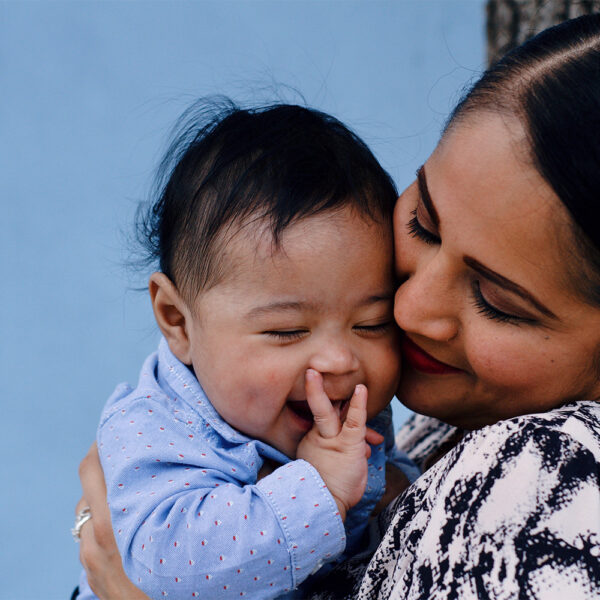
About the Assessment
Individuals 18 years and above can complete the assessment. The information provided will be used to create a personalised report (both a PDF copy and an online interactive profile) and recommendations will be provided using national and international guidelines.
Individuals aged 40 years and above will receive an evidence-based risk score. An option to set up an account will be provided to save your results and repeat the assessment.
Disclaimer: please note that this tool is not intended to be used as a diagnostic tool for dementia. If you have any concerns, you should consult your medical practitioner to receive specific medical advice.


What will you be asked about?
• Demographics such as age and gender
• Medical risk factors such as history of diabetes and high blood pressure
• Lifestyle habits such as smoking, social engagement and physical activity
What is dementia?
What is dementia
Dementia is an umbrella term for several neurodegenerative disorders affecting an individual’s memory, other cognitive abilities and behaviour, and capacity to carry out normal day-to-day activities.
Types of dementia
Multiple conditions are known to cause dementia, amongst which Alzheimer’s disease is the most common type of dementia. Having multiple types of dementia at once is common and is referred to as ‘mixed’ dementia (for example, Alzheimer’s disease and Frontotemporal dementia).
Signs and symptoms
Due to the many different types of dementia, and the fact that many people experience mixed dementia (that is, not just one specific type of dementia but rather a combination of sub-types), signs and symptoms vary from person to person.
Risk factors
Although ageing is considered to be the strongest predictor of developing cognitive decline and dementia, dementia does not occur simply because we grow older. There is no single factor responsible for causing dementia, rather there are a wide variety of genetic and environmental factors contributing towards susceptibility for developing dementia.

Are you 65+ with memory or thinking concerns?
Join an important research study that could help to reduce risk of dementia and cognitive decline.
